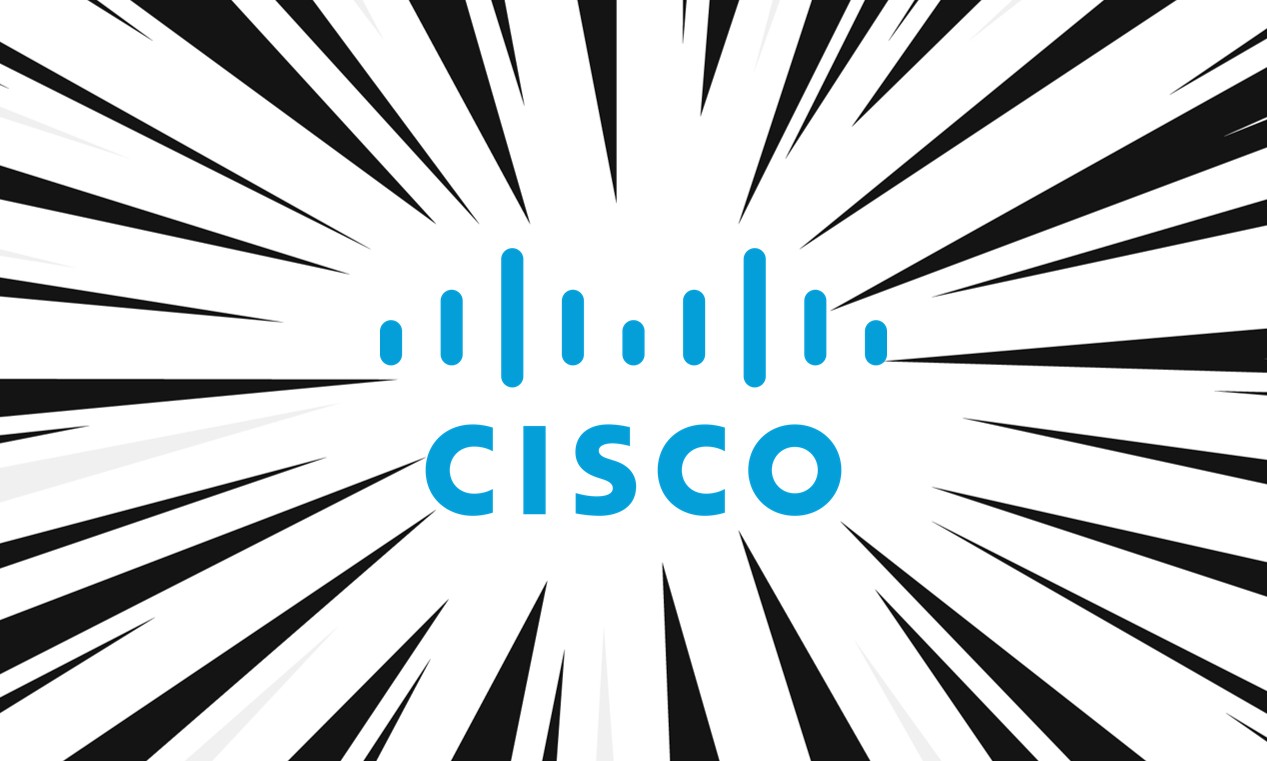
Una sofisticata campagna di attacco denominata “Operazione Zero Disco” è stata rilevata recentemente, dove gli autori della minaccia sfruttano attivamente una vulnerabilità critica del Cisco Simple Network Management Protocol (SNMP) per installare rootkit Linux su dispositivi di rete vulnerabili.
A partire da ottobre 2025, la campagna ha avuto un impatto sulle reti aziendali, evidenziando i rischi persistenti nelle infrastrutture legacy. La falla principale, descritta in dettaglio nell’avviso di sicurezza di Cisco, deriva da un buffer overflow nel framework di autenticazione SNMP sul software Cisco IOS XE.
Trend Micro ha osservato un’operazione che sfrutta CVE-2025-20352 , che consente l’esecuzione di codice remoto (RCE) e garantisce un accesso non autorizzato persistente, prendendo di mira principalmente gli switch Cisco più vecchi, privi di protezioni moderne.
L’indagine ha rivelato che gli aggressori hanno collegato questo fenomeno a una vulnerabilità Telnet modificata derivata da CVE-2017-3881, riutilizzata per operazioni di lettura/scrittura della memoria anziché per RCE vera e propria.
Gli aggressori inviano pacchetti SNMP Get-Request contraffatti per far traboccare il buffer, consentendo l’esecuzione di codice arbitrario su architetture di switch sia a 32 bit che a 64 bit.
Una volta sfruttato, il malware distribuisce un rootkit che imposta una password universale contenente il termine “disco”, un sottile riferimento a “Cisco“, garantendo agli aggressori un ampio accesso tramite metodi di autenticazione come AAA e accessi locali. Questo meccanismo di password si aggancia allo spazio di memoria IOSd, garantendo una persistenza senza file che scompare al riavvio, complicando il rilevamento.
Per i target a 32 bit come la serie legacy Cisco 3750G, le compromissioni hanno mostrato pacchetti SNMP frammentati che veicolavano comandi, come “$(ps -a”, limitati da vincoli di byte per pacchetto. Sulle piattaforme a 64 bit, tra cui le serie Cisco 9400 e 9300, gli exploit richiedono privilegi elevati per attivare le shell guest, consentendo ai controller basati su UDP di effettuare operazioni di post-exploitation avanzate.
La campagna si concentra sui sistemi obsoleti basati su Linux, privi di strumenti di rilevamento e risposta degli endpoint (EDR) , utilizzando IP e indirizzi e-mail falsificati per garantire l’anonimato.
Sebbene la randomizzazione del layout dello spazio degli indirizzi (ASLR) sui modelli più recenti vanifichi alcuni tentativi, l’attacco può comunque avere successo, come osservato nella telemetria di Trend Micro. Cisco ha collaborato alle analisi forensi, confermando gli impatti sui dispositivi 3750G gradualmente eliminati insieme alle linee attive 9400 e 9300.
Trend Micro consiglia di implementare Cloud One Network Security per l’applicazione di patch virtuali e la prevenzione delle intrusioni, insieme alle regole di Deep Discovery Inspector come 5497 per il traffico del controller UDP. Inoltre è consigliabile l’applicazione immediata della patch relative al CVE-2025-20352 .
Questa operazione sottolinea i pericoli derivanti da apparecchiature di rete non aggiornate, spingendo le aziende a dare priorità agli aggiornamenti in un contesto di crescenti minacce sponsorizzate dallo Stato e legate alla criminalità informatica.
Ti è piaciuto questo articolo? Ne stiamo discutendo nella nostra Community su LinkedIn, Facebook e Instagram. Seguici anche su Google News, per ricevere aggiornamenti quotidiani sulla sicurezza informatica o Scrivici se desideri segnalarci notizie, approfondimenti o contributi da pubblicare.

 Cybercrime
CybercrimeLe autorità tedesche hanno recentemente lanciato un avviso riguardante una sofisticata campagna di phishing che prende di mira gli utenti di Signal in Germania e nel resto d’Europa. L’attacco si concentra su profili specifici, tra…
 Innovazione
InnovazioneL’evoluzione dell’Intelligenza Artificiale ha superato una nuova, inquietante frontiera. Se fino a ieri parlavamo di algoritmi confinati dietro uno schermo, oggi ci troviamo di fronte al concetto di “Meatspace Layer”: un’infrastruttura dove le macchine non…
 Cybercrime
CybercrimeNegli ultimi anni, la sicurezza delle reti ha affrontato minacce sempre più sofisticate, capaci di aggirare le difese tradizionali e di penetrare negli strati più profondi delle infrastrutture. Un’analisi recente ha portato alla luce uno…
 Vulnerabilità
VulnerabilitàNegli ultimi tempi, la piattaforma di automazione n8n sta affrontando una serie crescente di bug di sicurezza. n8n è una piattaforma di automazione che trasforma task complessi in operazioni semplici e veloci. Con pochi click…
 Innovazione
InnovazioneArticolo scritto con la collaborazione di Giovanni Pollola. Per anni, “IA a bordo dei satelliti” serviva soprattutto a “ripulire” i dati: meno rumore nelle immagini e nei dati acquisiti attraverso i vari payload multisensoriali, meno…